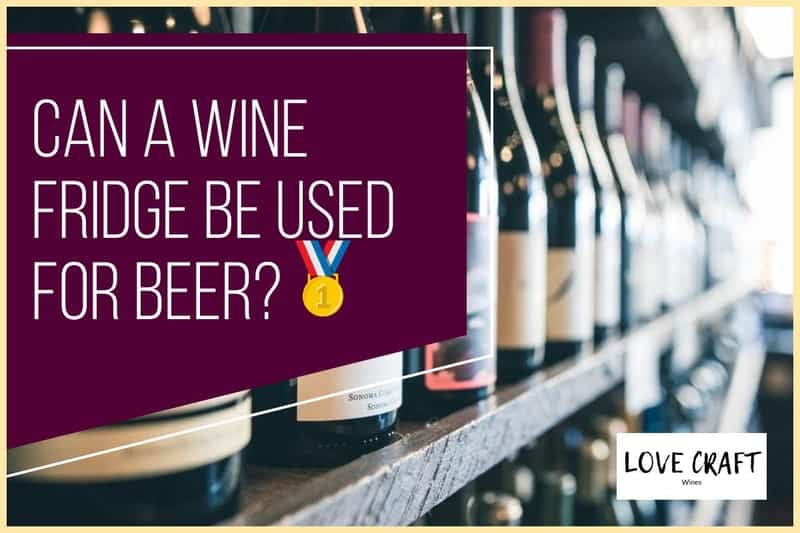In this article, we’re going to be discussing whether a can be used to store , and what the is for storing specific types of .
With that being said, before we talk about this, let’s briefly talk about the functions of a , and what the limitations are.
Table of Contents
Functions
It is no secret that coolers are wonderful tools for storing and displaying your , whether you have it in a bar setting, commercial environment or .
Depending on the type of used, red wines can typically be kept at 50°F to 64°F, white wines can be kept at 40°F to 50°F, and champagne can be stored at 40°F to 45°F for the optimum chill.
A is perfect for allowing cooling settings to be controlled independently for red and white in each area, so you can keep them both in the together.
However, for those who have a single zone , the best option is to chill and white at the same time, but this means that you’ll need to settle for a midrange , such as 55°F.
Additionally to its use as a means of preserving and chilling , the is also seen as a decoration, displaying your collection of fine wines. Most coolers have glass doors for this reason.
Can you put in ?
Yes, absolutely! It is certainly possible to store in your .
However, it will depend on the type of that you have, with a having a more limited range than a … Therefore, you’ll need to check your specific ‘s capability.
With that being said, and certainly have one similarity, which is that there are many different types of both, and they each have differing storage requirements.
For example, bottled, cellared, canned and have different requirements, which we’ve shown below:
- Light beers (low-calorie beers, lagers, pilsners, and wheat beers) should be served at a between 40° and 50°F.
- Standard ales (IPA, Stout, Amber Bock, etc.) are best served at 50° to 55°F.
- Dark beers (Triple Ale, Dark Ale, etc.) should be served between 55°F and 60°F.
When storing multiple types of in a , 50°F and 55°F is a good compromise as an range.
For those who have a single-zone , and are looking to store multiple types of within that one unit, it’s recommended to set the ‘s settings between 50°- 55°F.
Why would you want to store in your ?
Interestingly, coolers are designed to run consistently at higher temperatures than regular refrigerators. This means that they operate much quieter due to their smaller-sized compressors, particularly if you choose a .
Although it’s very nice to have a nice cold , the colder the , the less you’re actually going to experience the true taste. This is because your taste buds are affected by the cold , making it more difficult to taste the nuances.
Therefore, by tasting that has been stored in a , you’re not going to have that same issue. And whilst your will still be cool, it’s not going to be ice cold, but it’ll be near to the perfect .
In fact, this is apparently why homebrewers would prefer to keep their beers in coolers as opposed to regular refrigerators.
Alternatives to storing in a
Storing your in a certainly isn’t for everyone, and neither is leaving your collection at .
Well, there are a few alternatives here, and we’ll touch on all of them, alongside the pros and cons of each:
Everyone has one, it’s a simple and it stores all of your fresh groceries, alongside being able to house your . However, if you’re like most people, by the time you’ve stored your food shopping in your , there’s little room for anything else, including or .
We personally think the next option is more suitable for those lovers!
A , also known as a , is the most well-known solution for storing and refrigerating . It’s built with that core function in mind, and therefore, its range is perfectly optimized to suit cooling your cans or bottles.
refrigerators are also generally more affordable than fridges.
However, for those reading this, we’re more inclined to think that you already own a for storing your collection. And you’re simply looking to know if it can store as an after-thought.
Because realistically, a is the most suitable option.
The next option is to use a . And these too are also good alternatives to use for storing .
However, as we’ve just mentioned, it’s much better to purchase a instead, because it’s specifically designed for the purpose of storing at its .
In Conclusion
We hope this article has been informative and has answered the questions as to whether a can store .
Simply put, it certainly can, but it’s always preferable to use a .






